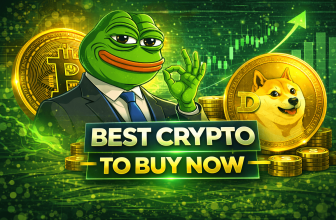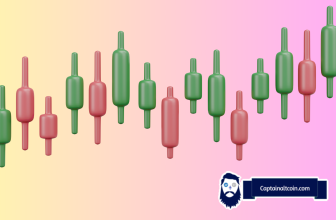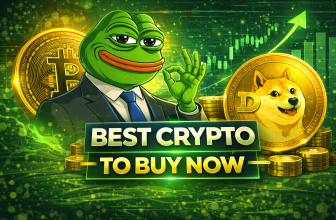
Climate change is one of the biggest challenges we, as a society, are currently facing. The impact global warming is having on our planet is devastating, and organisations across the globe are actively looking for more sustainable practices in a number of industries, from automotive to farming.
Circular economy is a concept that increasingly comes up in such conversations. In fact, the EU is focusing its efforts on circular economy as one of the key ways to fight global warming. So what is it, and could it become our future? Let’s discuss.
What you'll learn 👉
What is a circular economy?
A circular economy is an economic system aimed at eliminating waste and promoting the continual use of resources. It contrasts with the traditional linear economy, which follows a ‘take-make-dispose’ produce journey. Instead, circular economy encapsulates a ‘make-use-return’ approach, cycling various resources back into the system wherever possible.
A number of world-renowned businesses have recently started adapting their own operations towards a circular economy approach. For example, Vodafone is promoting circular economy by introducing re-use and refurbishment services for used mobile phones or their parts. As such, the company aims to reduce digital waste as well as promote recycling and refurbishing of existing produce.
Similarly, some global fashion brands have introduced recycling programs where, instead of disposing of old clothes, customers are able to return or recycle them to be repurposed into new garments. On the other hand, a number of such companies have been accused of overproducing and other unsustainable practices, despite participating in circular economy. This has led to questions of whether circular economy is, indeed, the answer to our global environmental issues.
Reaching global sustainability targets
Countries worldwide, from China to Canada, have set ambitious sustainability targets to combat climate change. The United Nations’ Sustainable Development Goals (SDGs) are arguably the most prominent example, including 17 broad goals that aim to create a more sustainable future by 2030.
In this context, the circular economy is gaining traction. The concept promises to reduce our environmental footprint, lower dependence on finite resources, and foster innovation, thereby supporting several SDGs. It helps with goals like responsible consumption and production (SDG 12) and industry, innovation, and infrastructure (SDG 9). Waste prevention, however, is one of the key factors in achieving the sustainability goals, and the concept of circular economy by nature promotes a zero waste ideology.
How will it affect us?
Adopting a circular economy has wide-ranging implications for consumers, businesses, and society as a whole. As consumers, we can expect a shift towards product-as-a-service models. Think of Netflix replacing DVD purchases, or perhaps leasing rather than owning a car. It might also mean more products designed for longevity or refurbishment, potentially saving us money in the long run.
For businesses, transitioning to a circular model might necessitate significant changes, from product design to business models. This change could involve challenges, but also offers new opportunities for innovation and improved customer relationships. In fact, an introduction of circular economy practices can currently bring businesses a significant competitive edge, as consumers are becoming increasingly concerned with sustainability.
As for trading, circular economy introduces new considerations, particularly in such debates as Futures vs. Stocks. For instance, commodity futures could be affected as demand for certain raw materials declines in response to recycling and reuse initiatives. On the other hand, stocks could potentially lose value as businesses struggle to adapt to the shift towards sustainable practices. Therefore, in a circular economy, traders may need to reevaluate traditional risk and return models to account for these changes.
Is circular economy a new form of consumerism?
There’s a noticeable shift in consumers growing more and more environmentally conscious over the last decade. With increased accessibility to related resources, the environmental awareness is raising too, making people more concerned with their own consumption practices. As such, circular economy could become a new form of consumerism, focusing on sustainable use and reuse model as opposed to that of continuous growth.
While some experts believe that circular economy will only enhance / add to the existing practices, others argue that it poses a real threat to the current economic system’s dependence on infinite growth. It challenges its underlying assumption that resources are unlimited and can be exploited indefinitely for economic gain. A circular economy aims to decouple economic activity from the consumption of finite resources, and eliminate waste from the system.
However, it’s important to note that a circular economy doesn’t necessarily imply no growth or economic contraction. Rather, it suggests a different kind of growth: a restorative or regenerative growth where resources are continuously recycled and reused, creating value and jobs in new ways. Therefore, in many ways, a circular economy could create more sustainable, resilient, and inclusive economic systems.
The circular economy represents a radical switch from the economic systems we are used to. Its practicality and efficacy in creating a sustainable future are still up for debate, but its potential is hard to ignore. By reshaping consumer behaviours and realigning business models, a circular economy could very well be the future we need. For now, however, countries worldwide are testing and monitoring the concept and its potential before introducing more long-term, definite decisions.





